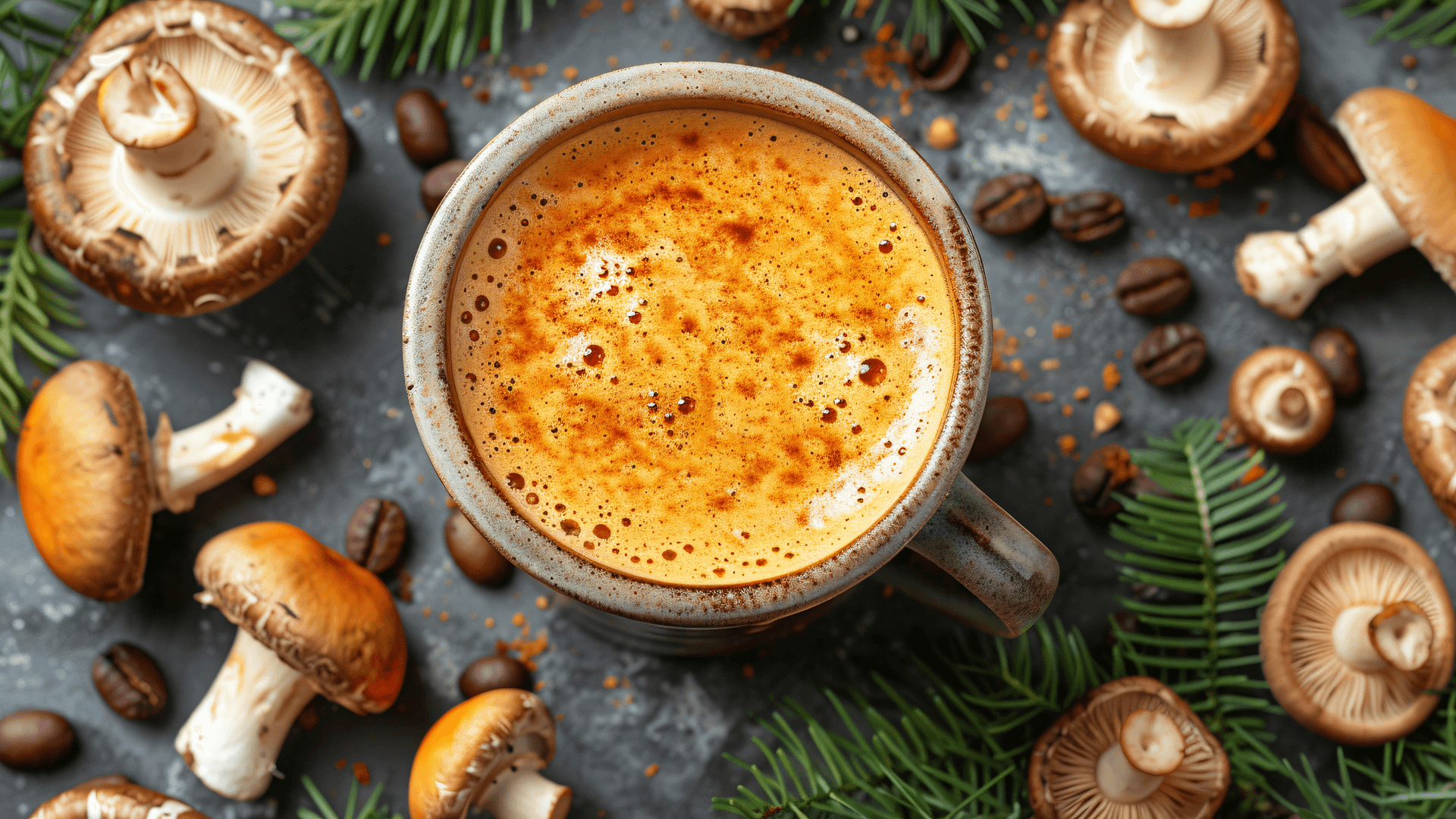Grab your cheat sheet |
There comes a time in a person’s life when they realize that the years are creeping up on them—and they’re starting to slow down in certain areas
You may experience hair loss, a lack of sex drive, fatigue, and increased body fat. Age can also affect your workouts.
You may find it harder to exercise to the same level as you did when you were young. You could find yourself struggling to perform the same number of reps, and often, adopt a “I can’t be bothered” attitude.
When changes like this happen, it could well be down to a lack of testosterone in your body.
What is testosterone?
Testosterone (or ‘t’) is a male sex hormone which is produced in the testes. It helps to regulate muscle mass, body fat, red cell production, and sexual function.
Your t levels are responsible for developing male characteristics in the body and triggering any necessary tweaks or changes. Testosterone is also present in the female body in smaller amounts.
The main functions of testosterone in the body are…
- Sexual function
- Bone strength
- Body fat distribution
- Muscle size and strength
- Red blood cell production
The brain and the pituitary gland control t levels, and when levels start to decline, parts of the body begin to function abnormally.
What are optimal testosterone levels?
Testosterone levels in men tend to decrease with age, usually at a rate of around 1% per year from the age of 30. The average levels are listed below, by age.
|
Age |
Testosterone (ng/dL) |
|
20-24 |
409-558 |
|
25-30 |
413-575 |
|
30-34 |
359-498 |
|
35-40 |
352-478 |
|
40-44 |
350-473 |
When levels decline below 350, health issues can begin to occur. These may include-
- Reduced sex drive
- Low bone health
- Erectile dysfunction
- Loss of strength
- Increased body weight
- Low mood
- Testicular shrinkage
- Lack of energy
- Loss of body hair
- Low sperm count
- Loss of muscle mass
- Man boobs (swollen breast tissue)
It’s not a great outlook for when we start to get older. But, this doesn’t mean that you have to accept it.
The worst thing you can do in this situation is, well…nothing. Taking control of your health and being aware of what is happening are the first steps toward turning the tide on the symptoms that occur due to testosterone loss.
Read: Our guide to ‘normal testosterone levels’ for more detail on whether your t levels are in the green.
What can impact testosterone levels?

There are several factors that can seriously affect your testosterone levels— and age will be at the top of the list, But there are others that can cause your t levels to drop.
These include…
-
Living a sedentary lifestyle: The less you move around and exercise, the more likely your body will give in to aging.
-
Weight gain: You can expect to lose testosterone as you age, but this process can vastly accelerate if you are overweight.
-
Injury to the testicles: If you experience damage in this area through medical procedures or injury, your body will produce less testosterone.
- Medical conditions: Diseases that affect the hormones will also lower t production. These include type 2 diabetes, liver and kidney disease, pituitary tumors, obesity, and HIV.
Read: Our top tips and insider advice on how to increase your testosterone levels naturally.
Can nutrition impact testosterone levels?
Eating a healthy diet is not only good for your overall health—it can also benefit testosterone levels.
There are several myths surrounding testosterone-boosting nutrition, and the fact is you can eat better to get your levels up.
The trick is to eat the right foods and avoid the wrong ones, and the wrong ones might not be as obvious as you think.
Let’s look closely at the facts and myths surrounding t-boosting food.
Dairy Products are great for increasing testosterone levels: FALSE

There’s a lot to be said for consuming dairy products when you’re working out. But if you’re low on testosterone, limiting the amount you take is a good idea.
Full-fat dairy products can reduce sperm production if you consume too much. In fact, Studies have discovered several foods that can lower your sperm count, including processed meats, full-fat dairy, alcohol, and carbonated drinks.
This could be due to a link between greater total dairy food intake and higher Follicle Stimulating Hormone (FSH) levels.
This is a female sex hormone, and the higher your FSH amount, the lower your sperm count will be.
Nuts can boost testosterone levels: FALSE
There’s no denying that nuts are nutritious and offer plenty of benefits to those looking to lead a healthy lifestyle—but there are some that you’ll want to avoid if you’re looking to get your testosterone levels up.
The main culprits include almonds, pistachios, and walnuts. These particular nuts have actually been found to lower testosterone levels.
This is because they increase the sex hormone-binding globulin hormone (SHBG), which reduces testosterone function. Consumed in moderation, however, there shouldn’t be an issue.
The keto diet can increase testosterone: TRUE
While it’s not the perfect nutritional solution to raising testosterone levels, there’s some evidence to suggest that it will get things moving in the right direction.
The ketogenic (keto) diet involves eating fats, some protein, and a small amount of carbs. What keto does is to get your body to use ketones rather than carbs for energy.
Research shows that when your body enters a state of ketosis, the amount of testosterone produced increases.
A plant-based diet can raise testosterone levels: FALSE

Low-fat diets such as plant-based ones are good for your body as they contain plenty of essential nutrients that are great for sperm production.
But, while there is no evidence to suggest that it will affect testosterone levels, there’s also none to say it will harm the production of t.
Too much alcohol will seriously reduce testosterone production: TRUE
A recent study concluded that drinking large amounts of alcohol has a significant negative effect on steroidogenesis in men.
Big drinkers have high levels of estrogen in their bodies, which will reduce their t levels. If you’re right at the high end of the drinking scale, this can also result in infertility.
Interestingly though, the study also found that a small amount of alcohol could increase testosterone production! So the good news is that the occasional drink might help matters.
Fried foods are bad for testosterone: TRUE
Fried and processed foods can hurt testosterone production, as they contain high polyunsaturated fats.
This is not only bad for testosterone but also for your health in general. Trans fats and sugary foods are also ones to avoid.
Should you eat well to boost t-levels?
Knowing which foods to eat and which to avoid will help steer you in the right direction and support you in turning the tide on dwindling testosterone levels.
Eating a healthy diet has numerous health benefits. But healthy eating with increased testosterone production in mind is the way to go.
Foods that boost testosterone levels

Certain foods must be on your list if you want to get testosterone levels up again. A balanced diet that includes quality foods you can incorporate into your diet will steer you in the right direction.
So, good quality protein, fruit and vegetables, and fish should be on your list.
Foods that are known to be testosterone boosters
- Eggs
- Salmon and other fatty fish with omega-3 fatty acids
- Lean meat
- Pomegranates
- Chicken
- Grains
- Leafy greens
- Beans
Foods with negative effects on t levels
- Trans fats
- Refined carbohydrates and sugars
- Vegetable oil
- processed foods
- Soy products
- High consumption of alcohol
- Sugar
- Nuts
Remembering this when planning your diet will help steer you on the right path.
Read: Our rundown of 20 foods that will boost your t levels for extra inspiration.
Do supplements help?
Steering your diet in the right direction is a great way to improve your testosterone levels.
Still, they can also be given a serious boost with the addition of scientifically proven supplements, which can elevate low testosterone levels.
Certain ingredients have been shown to raise testosterone levels significantly.
Let’s explore.
Fenugreek

A 12-week study in 50 men showed that those who took a daily 500-mg fenugreek supplement experienced significant improvements in their testosterone levels, with an increase of up to 46% in 90% of those who took part.
Vitamins D, B5, B6
Getting your vitamins in is an essential part of a healthy diet, but vitamins D, B5, and B6 have been shown to drive t levels up.
A Danish study found that vitamin D increased testosterone production directly in the testicles.
Those whose vitamin D levels are low tend to also have low testosterone levels. Research has also shown that pantothenic acid (vitamin B5) helps the testes to produce testosterone and increases sperm production.
Vitamin B6 has been linked to reduced estrogen, which can lead to a more significant impact of testosterone in the body.
Pomegranate
A recent study in the Journal of Clinical Nutrition found that pomegranate antioxidants can improve men's fertility and testosterone production.
Green tea
Green tea has been shown to have many health benefits, and one is its potential to increase testosterone. Supplements containing green tea are likely to be highly beneficial to your health.
Zinc

Zinc has long been known for its testosterone-boosting properties. One study discovered that men who took 30 milligrams of zinc per day showed improved levels of free testosterone in their bodies.
Those with a zinc deficiency tend to have low testosterone, so there’s little doubt that it plays a big part in testosterone formation.
T-boosting foods: final thoughts…
Looking after your hormonal health is important, especially as you get older. Boosting testosterone levels will involve eating the right kinds of foods.
The first step towards turning the tide on declining testosterone levels is to be aware it’s happening.
The second step is being armed with the knowledge that you can do something about it.
The third step is to use that knowledge to get your levels back up. This will include…
- Adding foods to your diet which are known to boost low testosterone
- Reducing or cutting out foods that have been proven to lower testosterone
- Maintaining a healthy weight and stripping down excess body fat through diet and exercise
- Exercising regularly and incorporating plenty of resistance and cardio workouts
- Taking a supplement that includes scientifically-proven ingredients known to help raise testosterone levels
Boost your t levels with Testoprime
TestoPrime is an all-natural testosterone support that includes testo-boosting ingredients such as fenugreek, pomegranate, vitamins B5, B6, and D, along with green tea extract and zinc.
It can help you take control of low testosterone symptoms, support optimal testosterone levels, and turn the tide on the symptoms of low testosterone.
Our revolutionary supplement will also give you increased physical and mental energy, supporting protein synthesis to help you burn unwanted fat in the process. Go get some.





